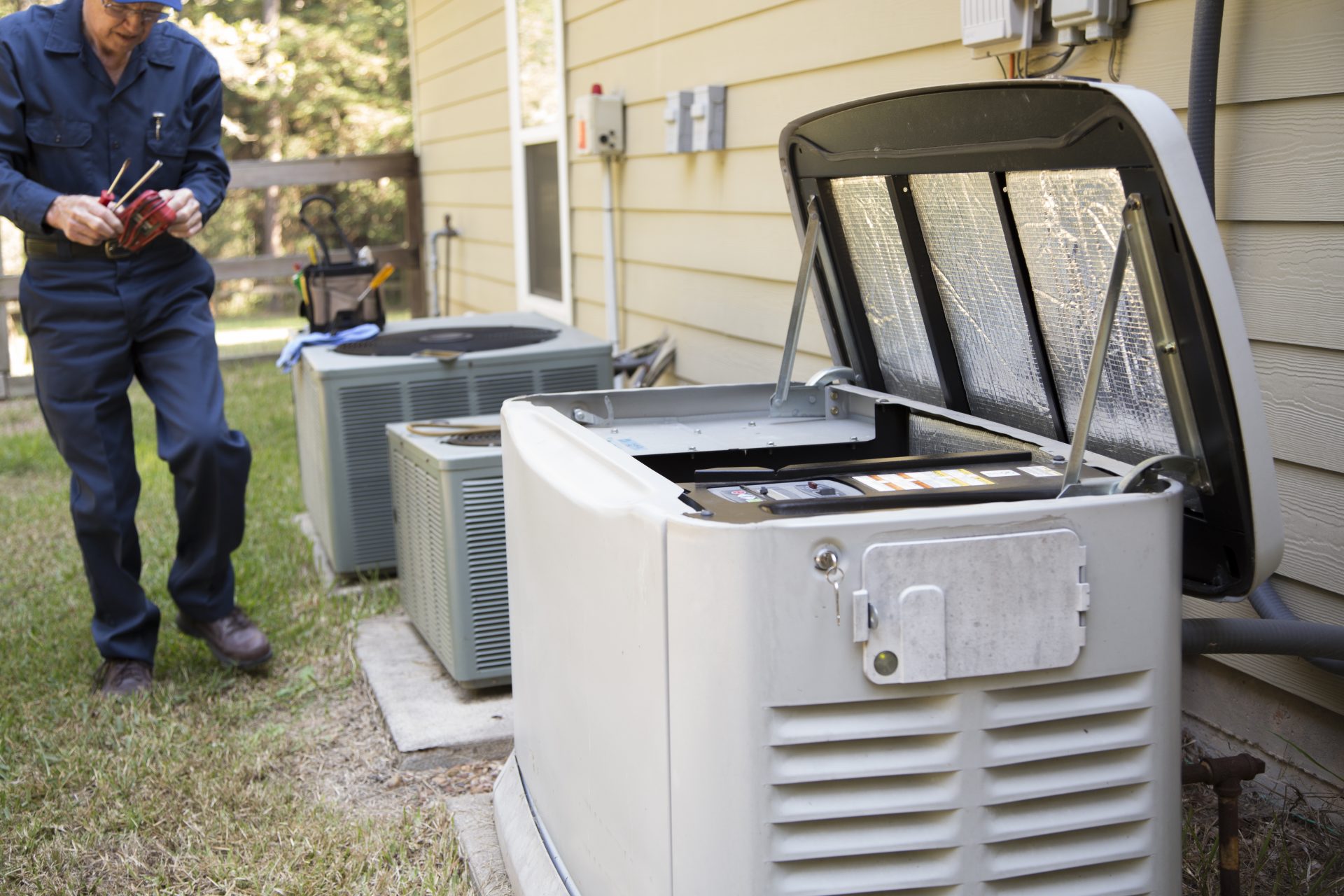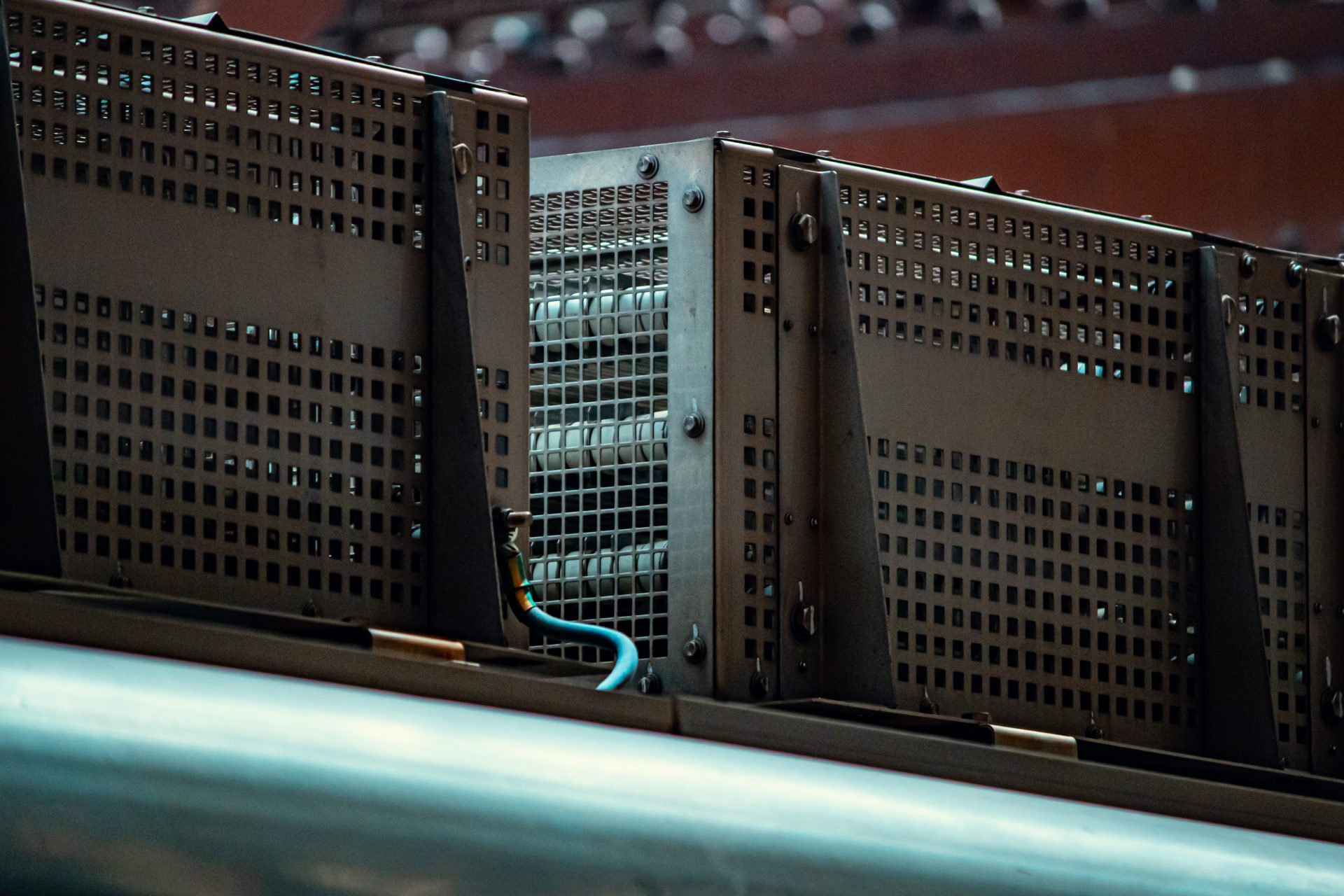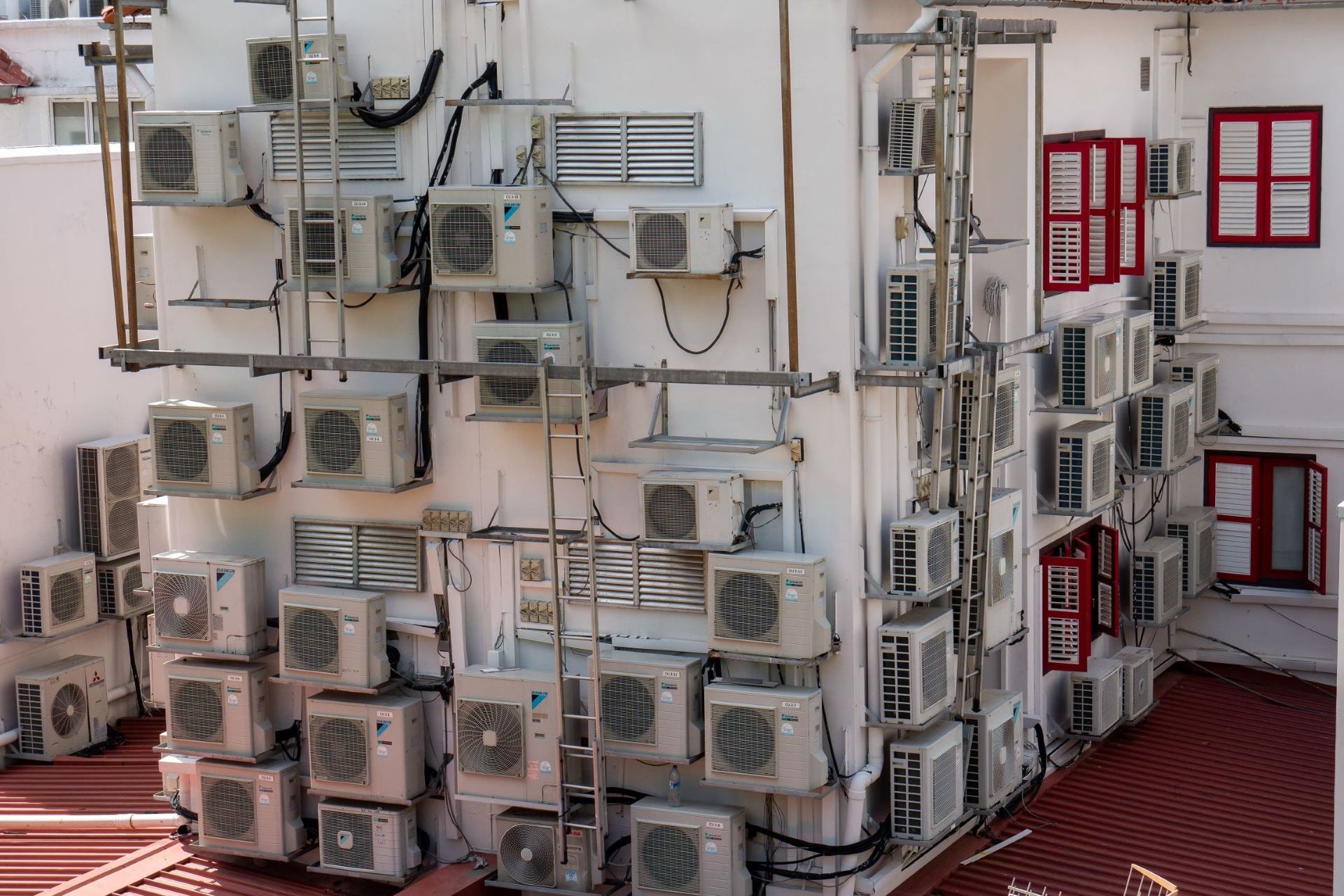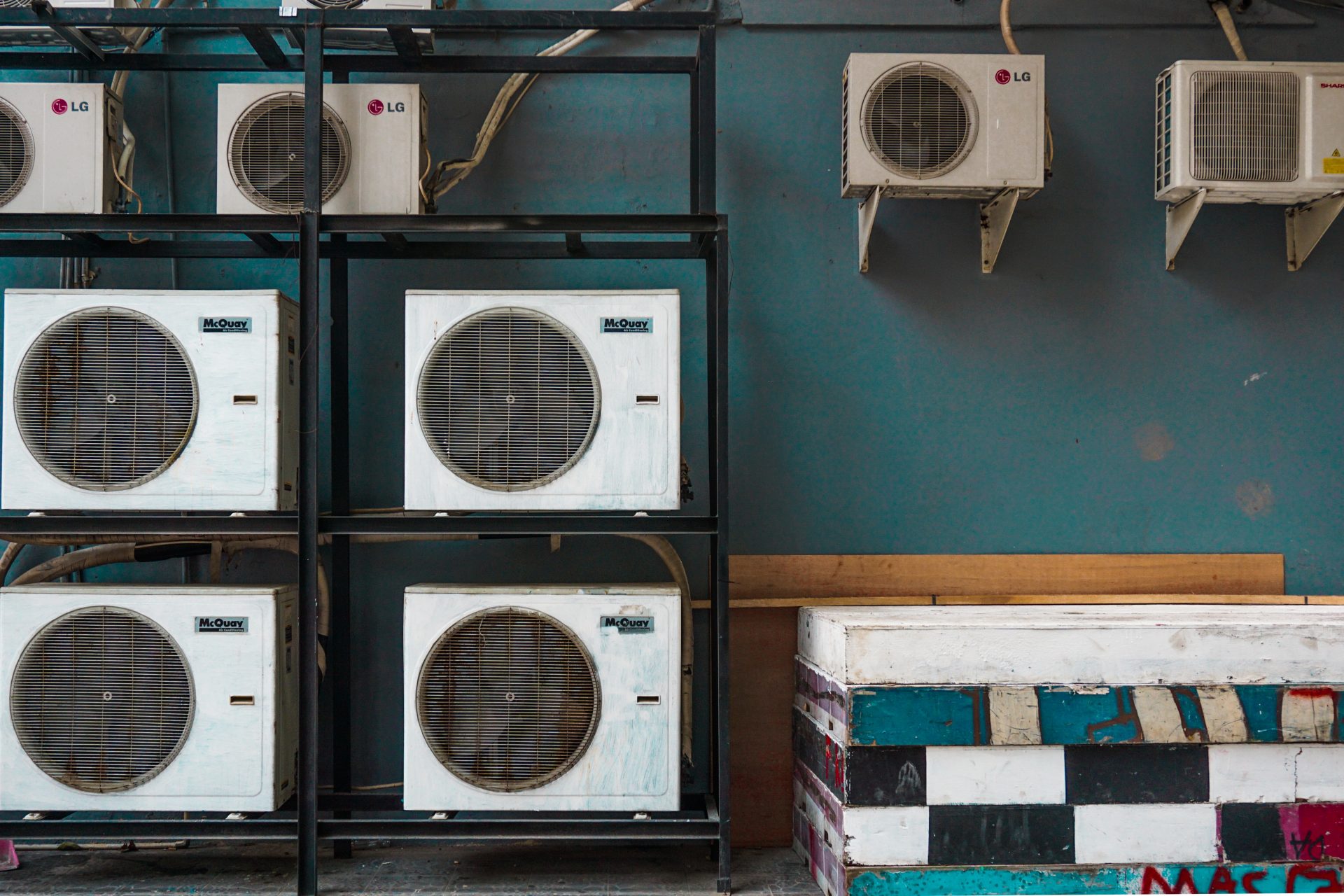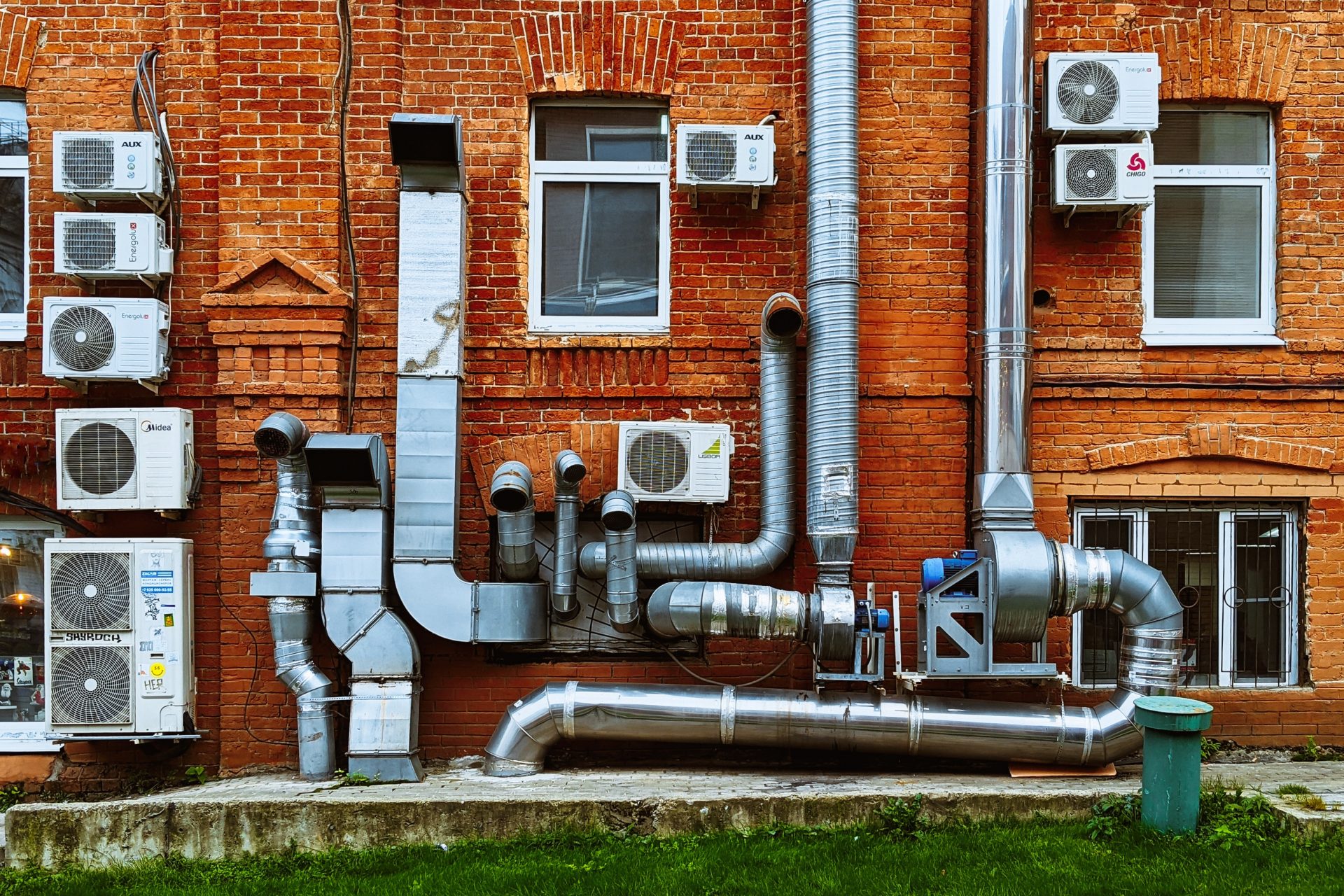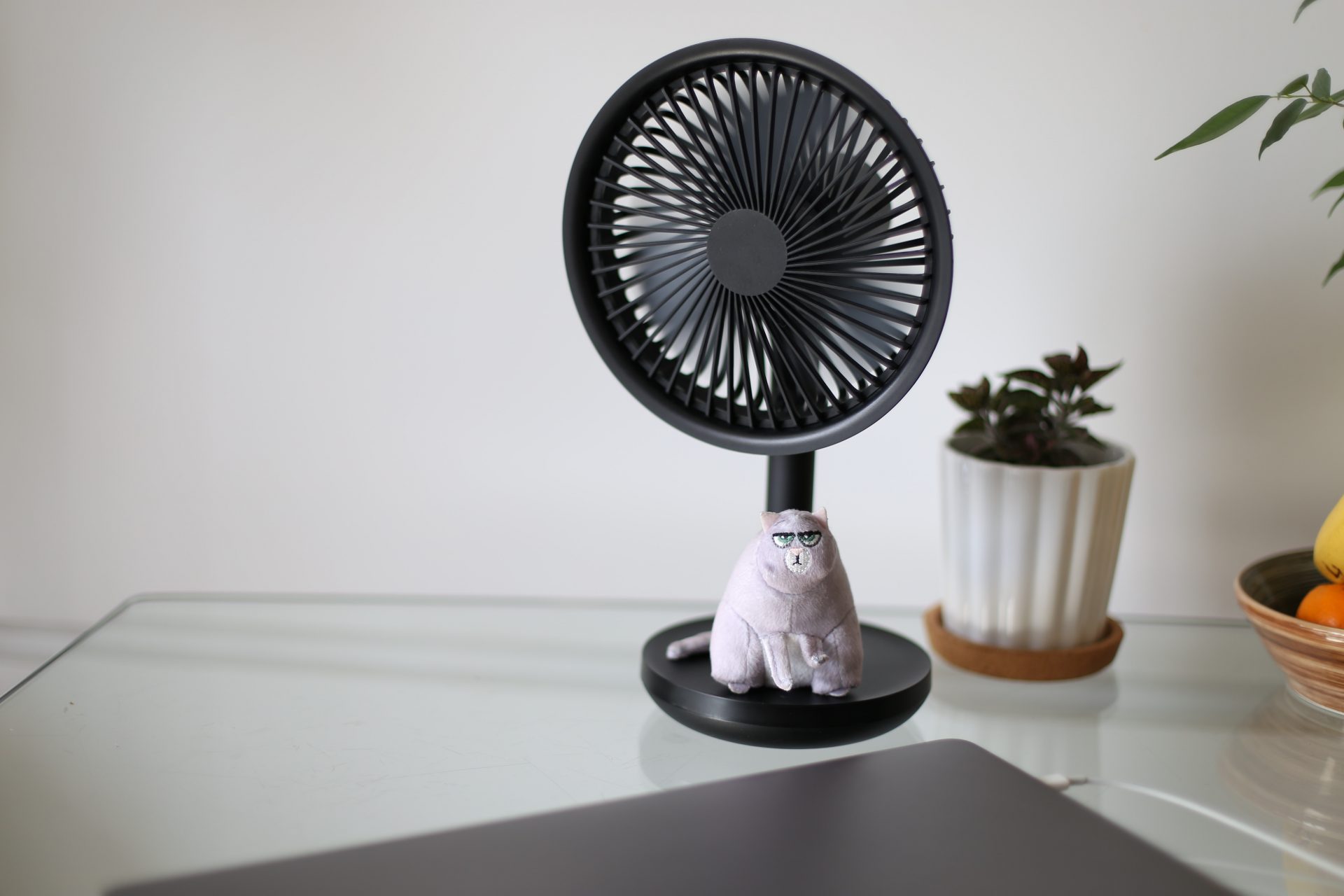AC is harming our planet! But there are other ways we can stay cool
This summer, our planet has been facing record-breaking temperatures. For many, having an AC unit is an essential necessity. One that, at the same time, is also fueling climate change.
A study by the International Energy Agency, and cited by The Guardian, claims that the number of AC units around the world could increase 244% by 2050.
Image: ian-talmacs / Unsplash
As temperatures rise, AC units can be the difference between life and death for people living in extreme weather, particularly the elderly.
Another problem is that many homes aren’t properly insulated for AC units, particularly in poorer, older buildings. Many people crank up the coolness to compensate.
However, the energy consumed by more and more AC units is having a negative effect on climate change.
In turn, this rise in energy consumption increases the temperature levels, which makes more, and more people acquire AC units.
Image: alexandre-lecocq / Unsplash
This is a major problem in developing countries like Africa, Asia, and Latin America.
However, countries such as Australia, the United States, and those in Western Europe have been hit by severe summers and strong heat waves in the past few years.
And that’s without even taking into consideration the chemicals that help you keep cool in a blazing summer day.
For most of the 20th century, Freon was the most common refrigerant chemical used for AC units. It was banned by the Montreal Protocol due to its damaging effects on the ozone layer.
As tech news website The Verge explained, Freon was replaced by HFC refrigerants. However, these also brought out a whole new, and different, batch of problems.
HFC chemicals are “super” greenhouse gases, which the BBC explained are at least 10,000 times more potent than carbon dioxide in terms of heating up the planet.
Now HFC refrigerants are expected to drop 85% by 2047, following the 2016 Kigali Amendment to the Montreal Protocol.
Image: Dewi Karuniasih / Unsplash
Meanwhile, scientists have reported that Freon, which was meant to be fully phased out by 2010, has made a reappearance in the past years, and they aren’t sure why.
Overall, the BBC has reported that the cooling industry is responsible for 10% of carbon emissions.
However, you shouldn't sweat over it! There are some cooling alternatives that might be the solution that can keep you breezy and environmentally friendly.
Image: Vadim Babenko
The Guardian pointed out that fans are much cheaper and far less energy-consuming than AC units and can be surprisingly effective in dry, warm environments.
Image: Valery Fedotov / Unsplash
Drawing the curtains and other types of shades can also be an effective low-tech solution to help keep down the heat in our homes.
Image: Deconovo / Unsplash
Having trees around also has a positive effect and can bring down the temperature during the hottest summer months.
Ultimately, scientists agree that getting rid of AC units altogether is not an option, particularly in dry or tropical regions affected by extreme heat.
However, many are working on better and more environmentally friendly cooling technology that might be lifesavers in a few years.
More for you
Top Stories



